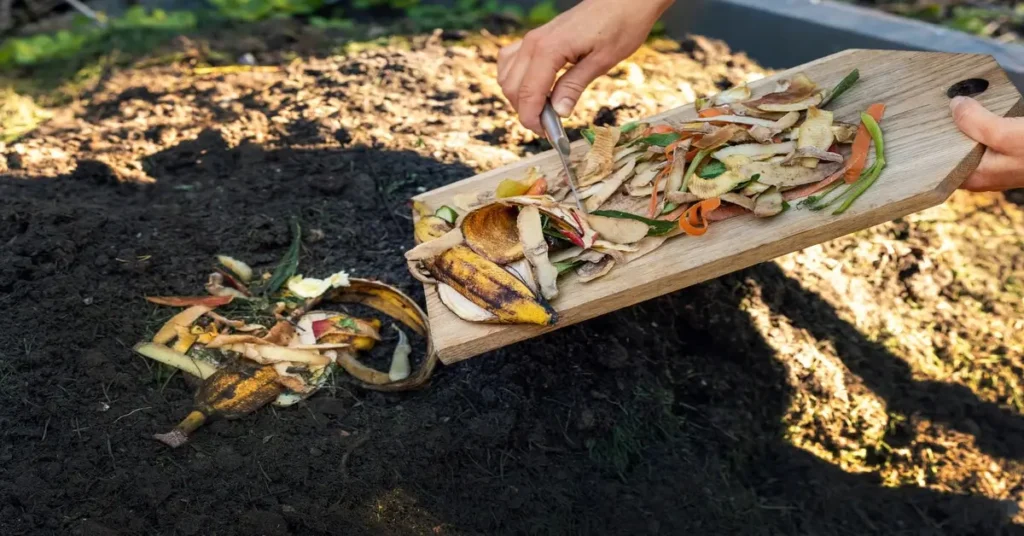Gardening is a delightful hobby, offering both therapeutic and aesthetic rewards. But to ensure that our garden flourishes, feeding it with the proper nutrients is essential. Organic fertilizers have gained much popularity among garden enthusiasts. Why? Because they’re not only environmentally friendly but also packed with rich nutrients that garden plants love.
Why Choose Organic Fertilizer?
Organic fertilizers are derived from natural sources. Unlike synthetic fertilizers, they are free from harmful chemicals and provide a slow, steady feed to plants.
Chemical fertilizers might offer a quick nutrient fix but can harm the soil structure and microbial life.
Organic fertilizer, on the other hand, improves garden soil texture and promotes a healthy microbial environment.
Diving into the Nutrient Trio: N-P-K
Every gardener should be familiar with the three significant nutrients:
Nitrogen (N): Essential for leafy, vegetative growth.
Phosphorus (P): Vital for root growth and flower formation.
Potassium (K): Important for overall plant health and fruit formation.
When we discuss organic fertilizers, the balanced delivery of these three elements becomes paramount.
Organic Fertilizer Types for a Thriving Vegetable Garden
1. Compost
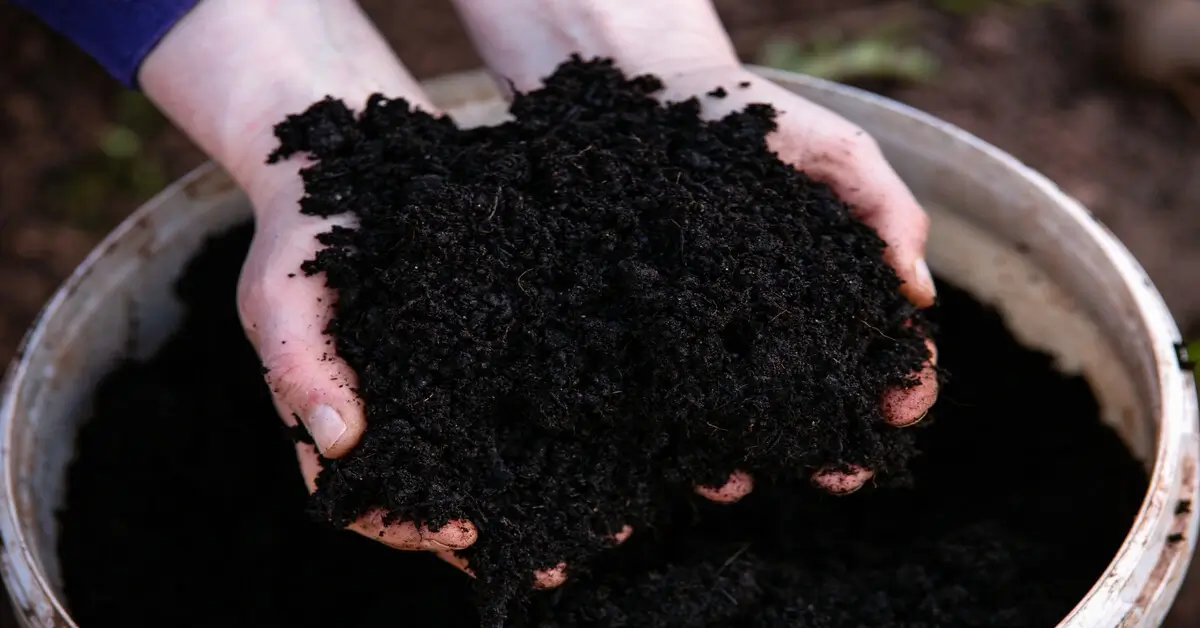
One of the best organic fertilizers for your vegetable garden, compost, is rich in nutrients and a prime soil amendment. It not only feeds plants but also improves soil texture. Regularly using compost, garden soil retains moisture better and offers a friendly environment for beneficial microbes.
2. Blood Meal
An excellent source of nitrogen, blood meal can invigorate leafy green plants. It’s best to use composted blood meals to avoid the risk of burning plants with too much nitrogen.
3. Fish Emulsion
Liquid in form, fish emulsion fertilizer is an organic solution packed with nitrogen and other vital nutrients. It’s quickly absorbed by plants, making it an excellent choice for a nutrient boost during the growing season.
4. Bone Meal
Rich in phosphorus, bone meal helps promote vigorous root growth and beautiful blossoms. It’s an essential organic fertilizer for flowering plants and root vegetables.
5. Manure (Cow and Chicken)
A time-tested natural fertilizer, manure provides a well-rounded nutrient boost. While cow manure is excellent for overall garden health, chicken manure typically has higher nitrogen content, ideal for leafy vegetables and greens.
6. Banana Peel
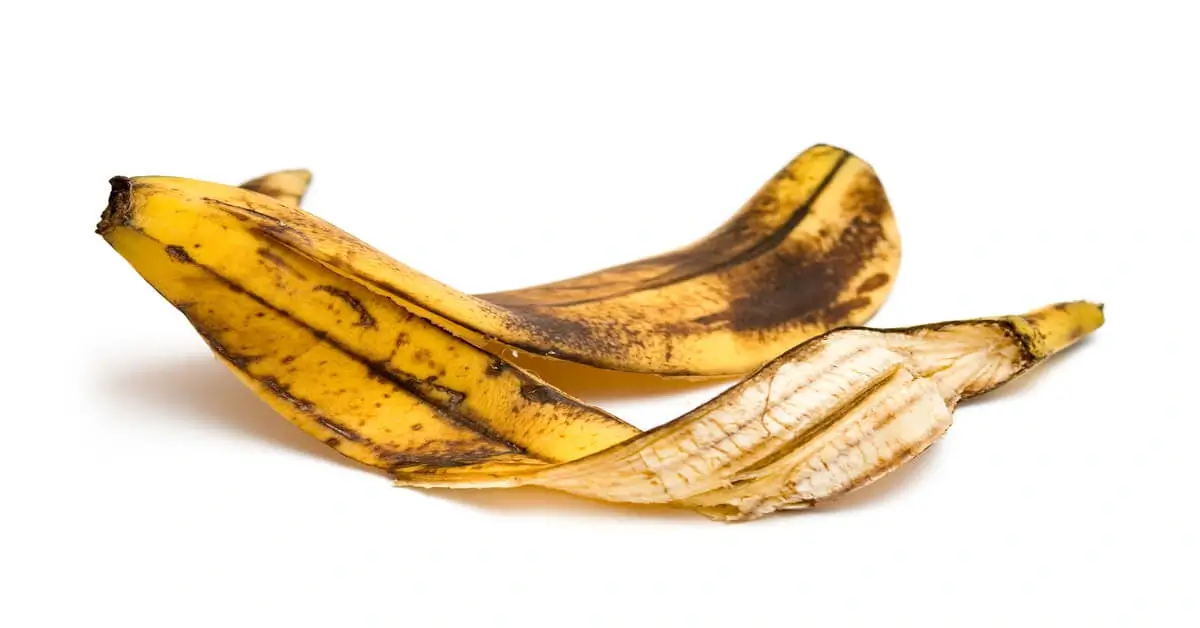
It might sound unconventional, but banana peels offer a potassium-rich plant feed. Bury them near the plant base, and they’ll decompose, releasing nutrients.
7. Used Coffee Grounds
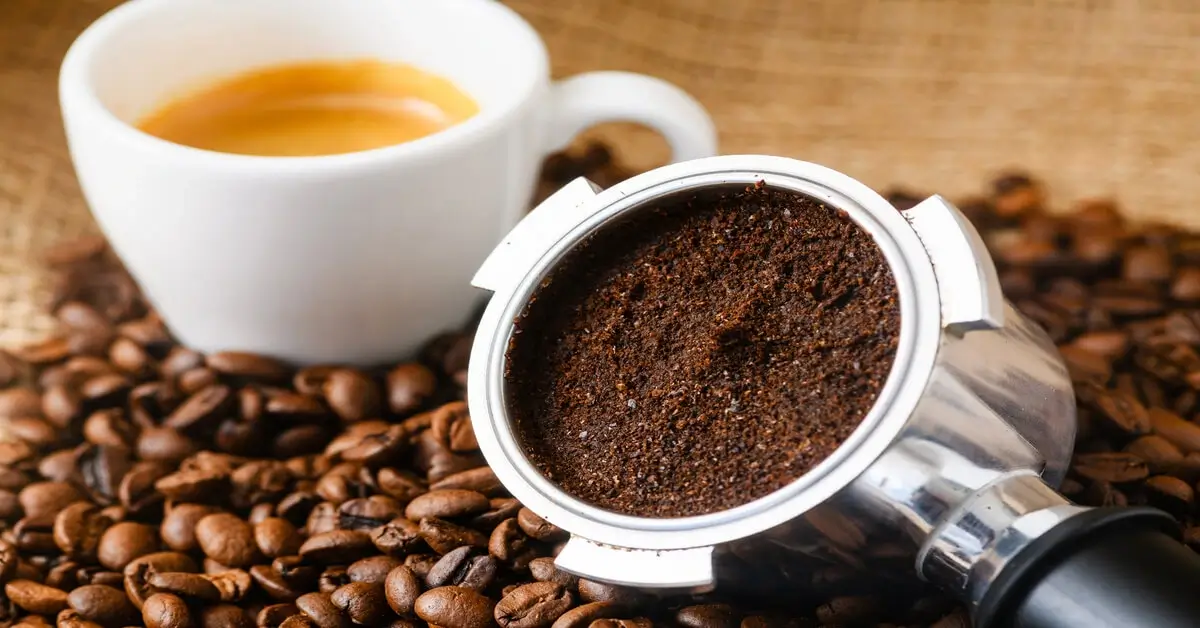
Acid-loving plants, like roses, thrive with a sprinkle of used coffee grounds. They add organic material to the soil and help with moisture retention.
8. Worm Castings
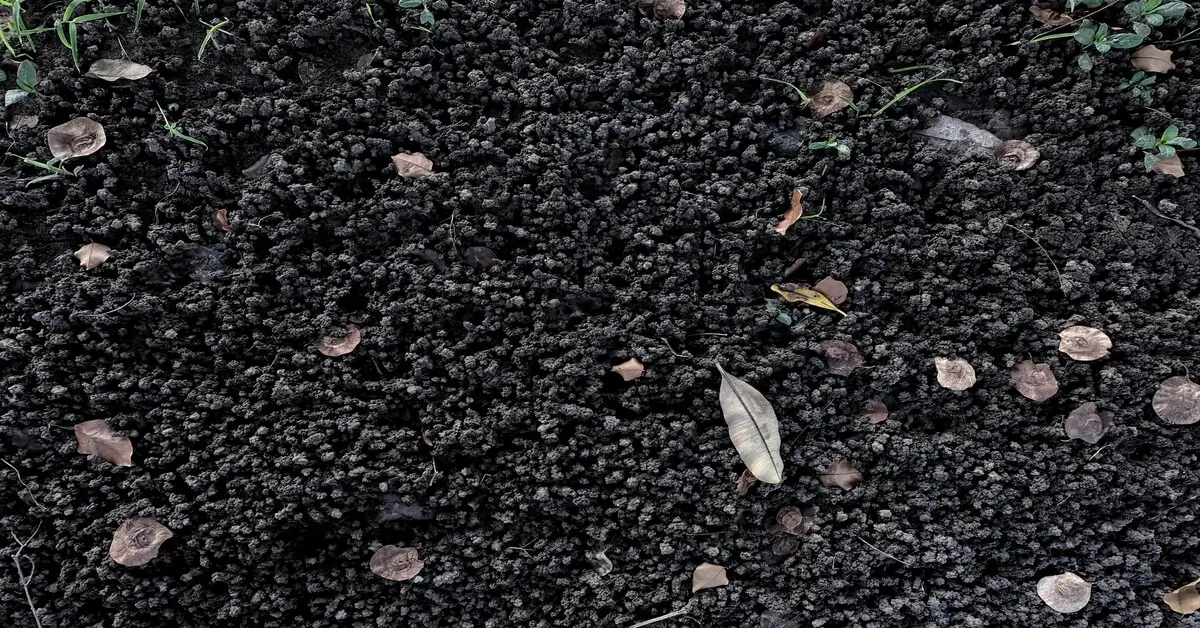
An excellent soil conditioner, worm castings are rich in nutrients. They not only provide essential nutrients but also improve soil aeration and drainage.
Choosing the Best Organic Fertilizer for Your Garden
While all the mentioned fertilizers are fantastic, choosing according to your garden’s needs is vital. Understanding the nutrient requirements of different plants and testing your garden soil can guide your fertilizer choices.
Applying Organic Fertilizers
Fertilizing your garden isn’t just about choosing the right product but also the application. Applying fertilizers at the right time and in the correct quantity ensures plants get the maximum benefit without the risk of nutrient burn.
Conclusion
To ensure a thriving garden, understanding the nutritional needs of plants and the benefits of organic fertilizers is critical. By making the switch to organic, not only do we promote healthy plant growth, but we also contribute to a sustainable environment.
Opt for high-quality organic fertilizers, feed your plants with love and care, and watch your garden bloom like never before!

